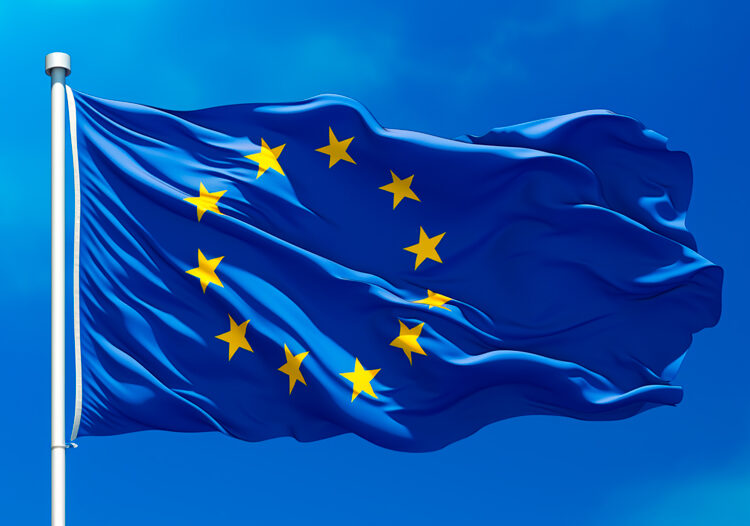The European Union has taken a decisive step forward by provisionally agreeing on a set of pioneering rules set to shape the future of Artificial Intelligence (AI). This breakthrough comes after intense deliberations, underscoring the EU’s commitment to lead the charge in setting global standards for AI technology.
The agreement, hailed as a historical milestone by European Commissioner Thierry Breton, mandates stringent transparency for AI systems, including those like ChatGPT. Before hitting the market, these systems will be required to provide thorough documentation, adhere to EU copyright laws, and offer comprehensive training content summaries.
For AI with potential systemic risks, the deal goes further, demanding rigorous evaluations and risk mitigation strategies, including adversarial testing and incident reporting. These measures aim to bolster cybersecurity and provide insights into the energy efficiency of such systems.

A controversial aspect of the new regulations is the conditional allowance for governments to deploy real-time biometric surveillance, strictly for significant threats or serious crimes. The legislation takes a firm stance against practices like cognitive behavioral manipulation and unsolicited facial image scraping, reinforcing the protection of personal beliefs and privacy.
Critics, however, voice concerns. DigitalEurope sees the regulations as a heavy imposition on businesses, while European Digital Rights expresses reservations about the legalisation of live facial recognition.
Set to be formally ratified and expected to be enforced early next year, the EU’s AI law could potentially serve as a model for global standards, contrasting with the US’s less stringent approach and China’s provisional measures.






